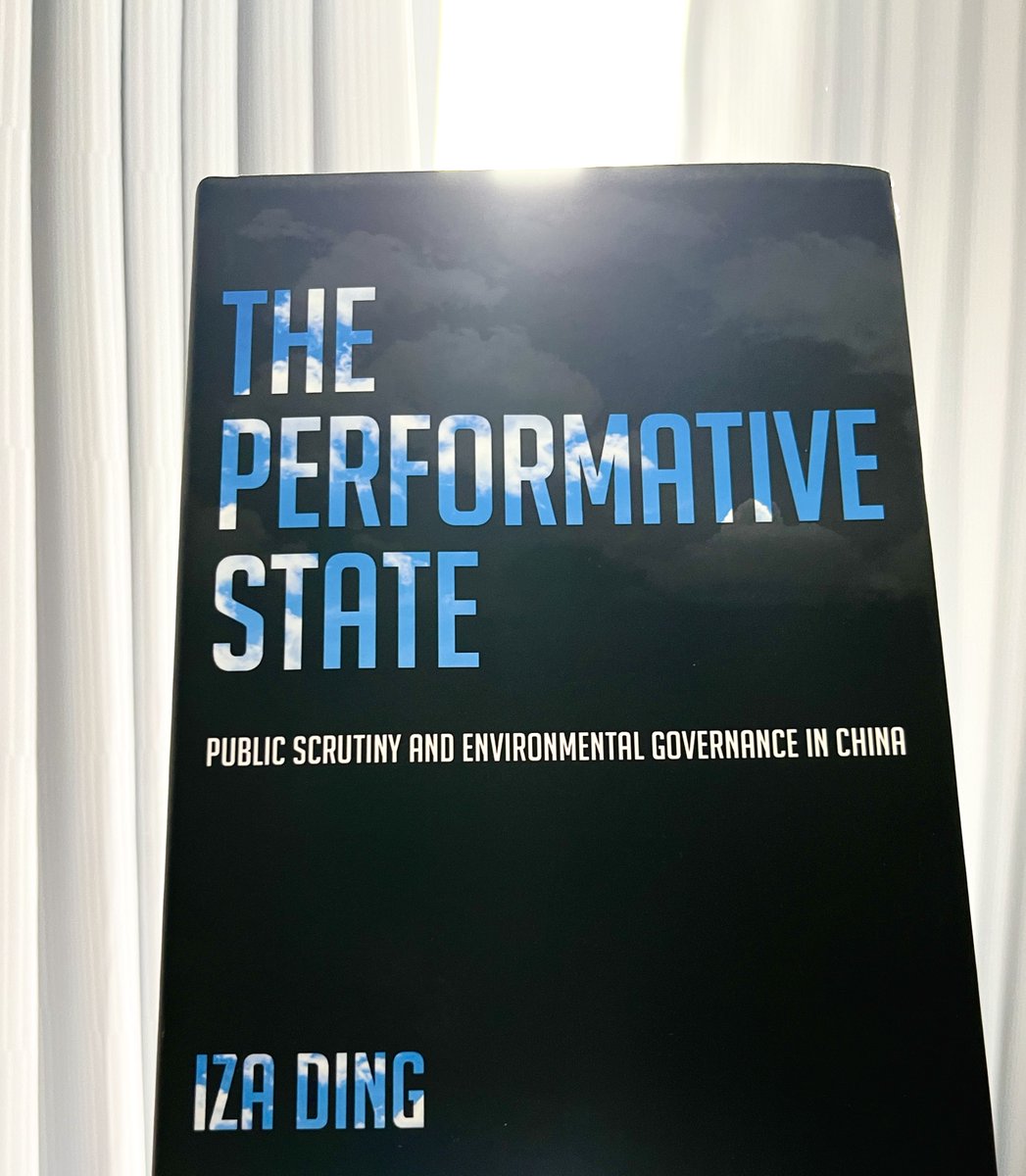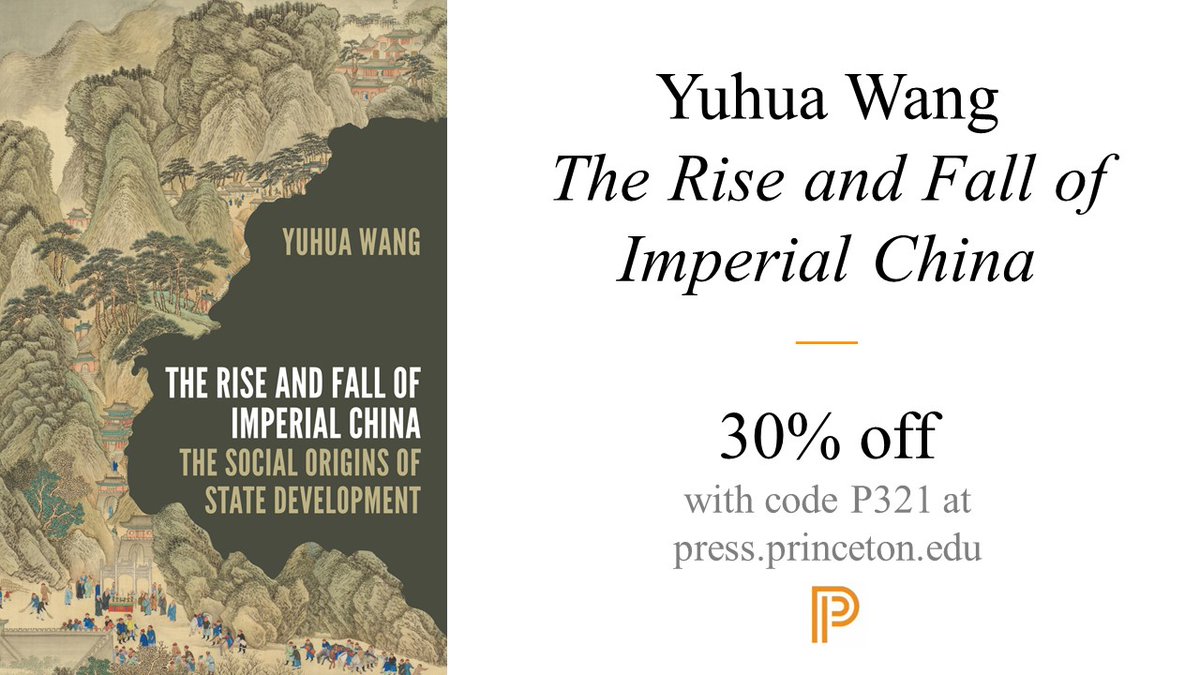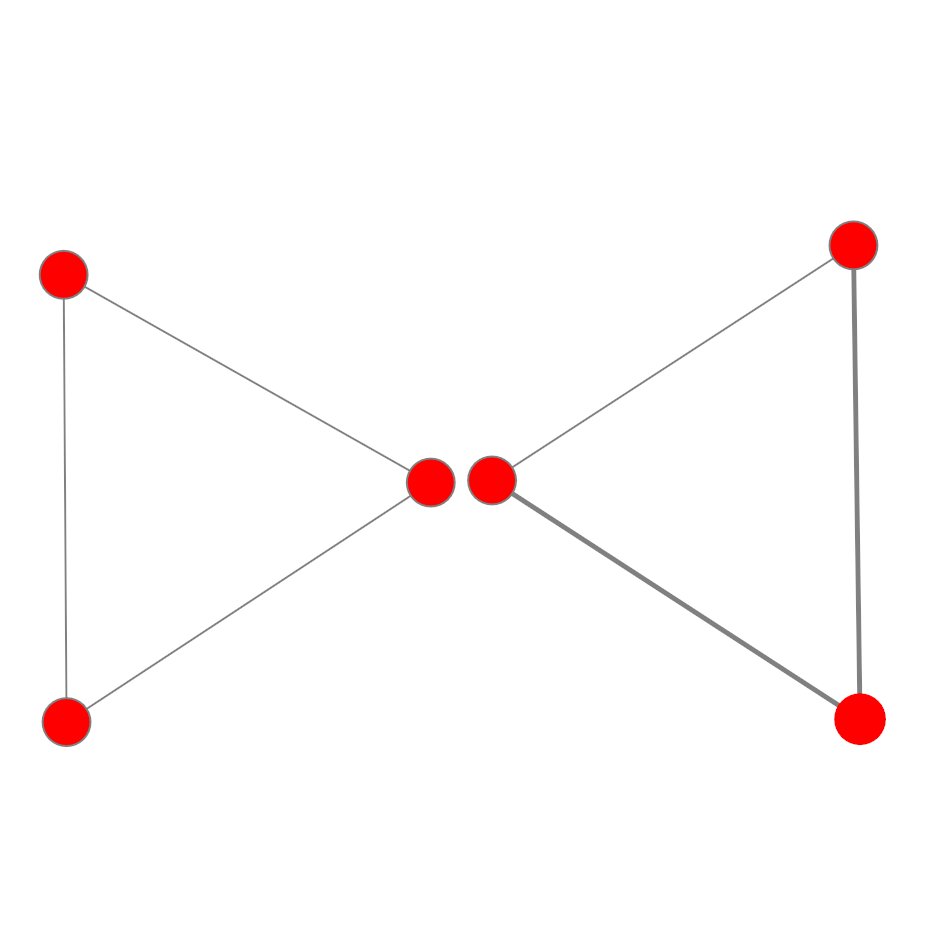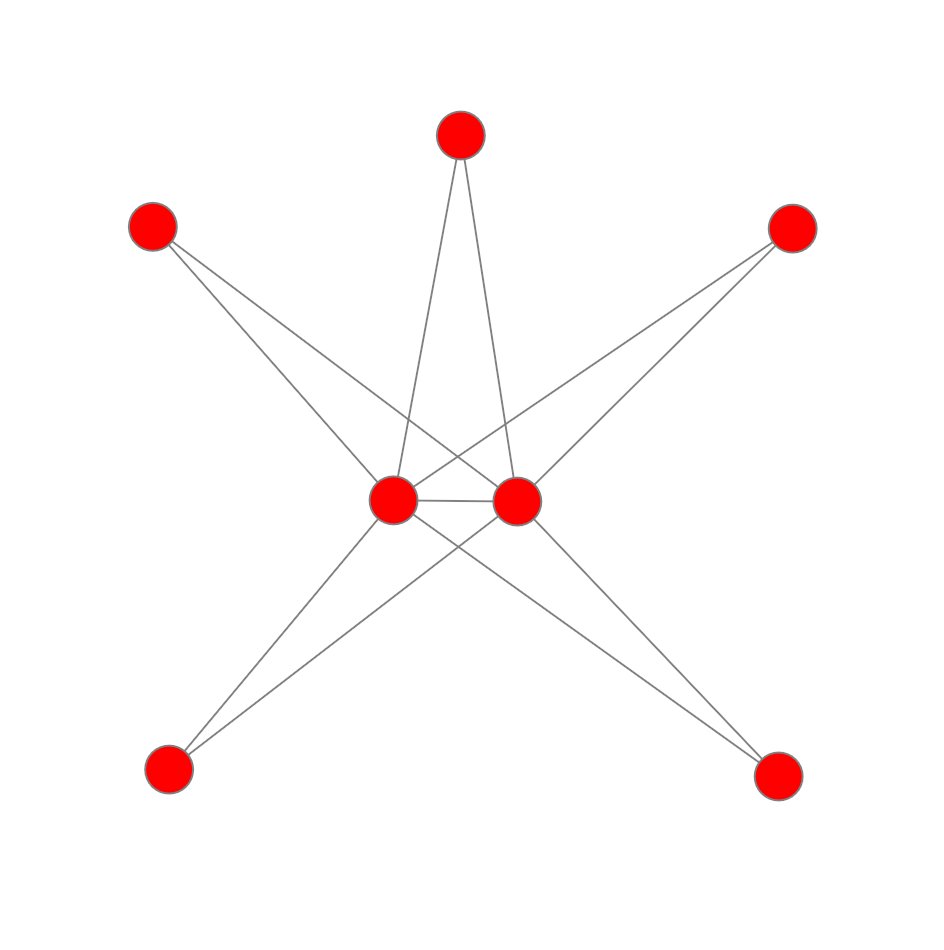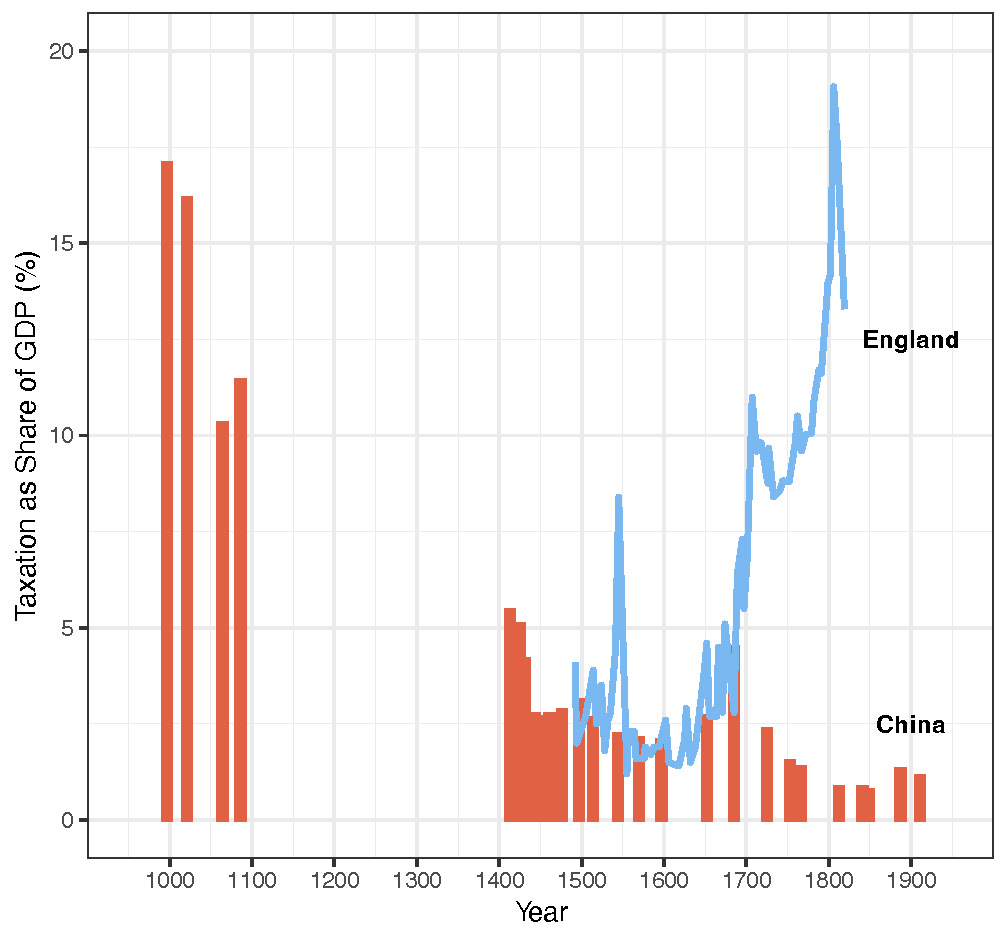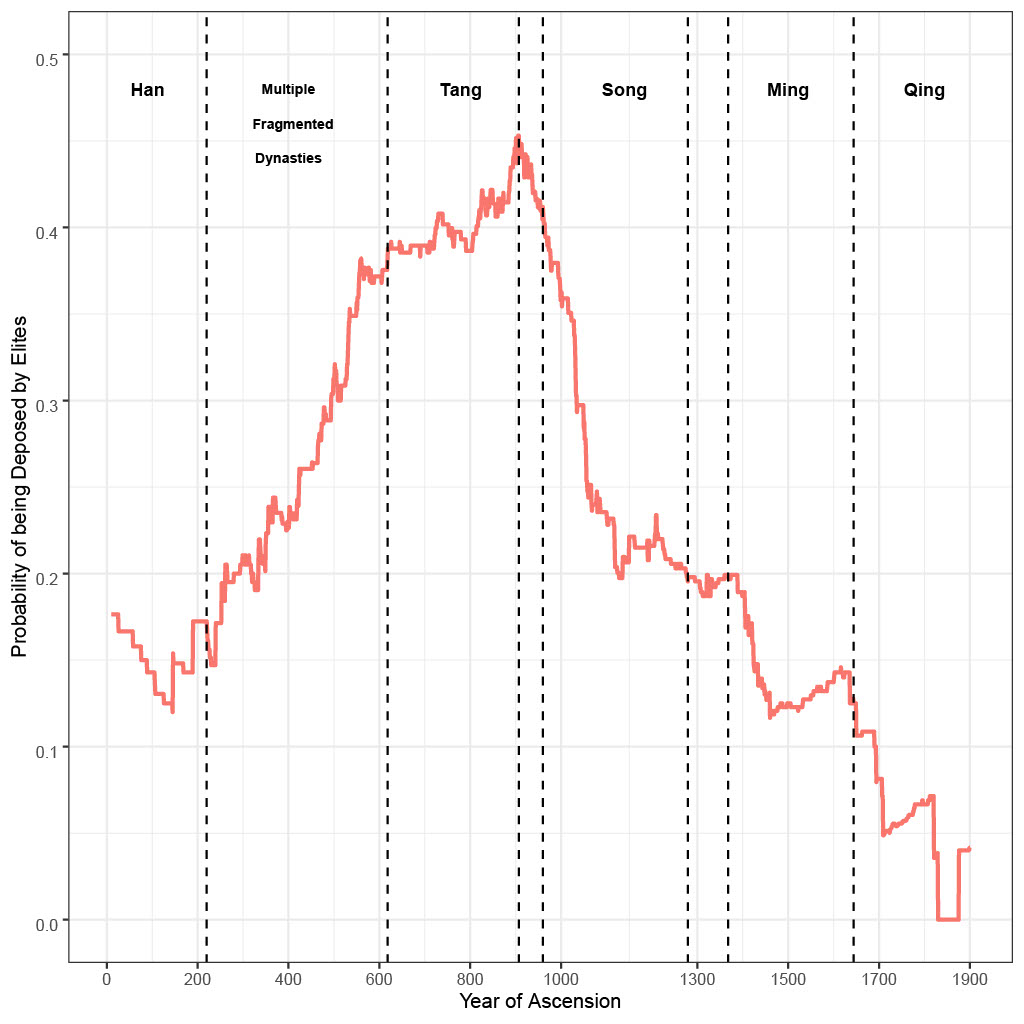
Yuhua Wang
@YuhuaWang5
Professor @Harvard | Author of Tying the Autocrat’s Hand and The Rise and Fall of Imperial China | Editor @BlogBroadstreet | Co-Organizer @CPRPVirtual
ID:1120495405849096192
https://scholar.harvard.edu/yuhuawang 23-04-2019 01:11:37
760 Tweets
6,7K Followers
1,6K Following

🚨 Job alert: Tenure-line assistant professor in China and International Security Georgetown SFS. Teaching on Chinese military and U.S.-China relations. Applications due October 17, 2022 👇













Our co-organizers, Xiaobo Lü | 吕晓波 and Yuhua Wang, are quoted in this Financial Times article, discussing how reduced access to China has impacted Chinese politics research.

Next CPRP presentation by Lucie Lu (UIUC) will be on September 30 (Friday) at 1-2 PM EST. Jennifer Pan (Stanford) and Erik Peterson (Rice) will be discussants. Paper and Zoom link here: chinesepoliticsresearchinprogress.com/schedule/

Northwestern PoliSci is hiring: TT Assistant Professor position in the internal and/or external politics of China. Pls spread the word. Victor Shih Yuhua Wang
More details here: polisci.northwestern.edu/about/faculty-…


A thread about my new book The Performative State Cornell Press. I’ve published the main argument earlier in a World Politics article called “Performative Governance” tiny.cc/PG20. The book, I hope, offers much more than that. 1/9
